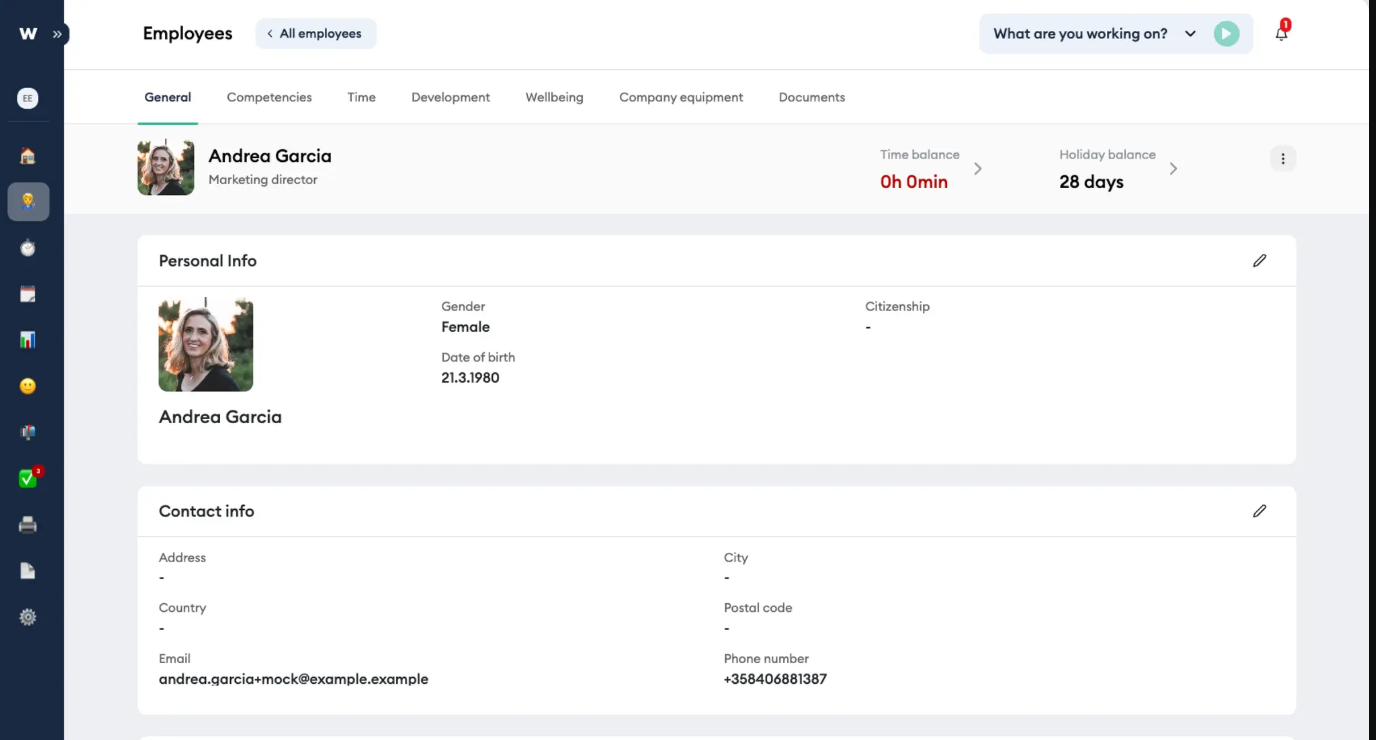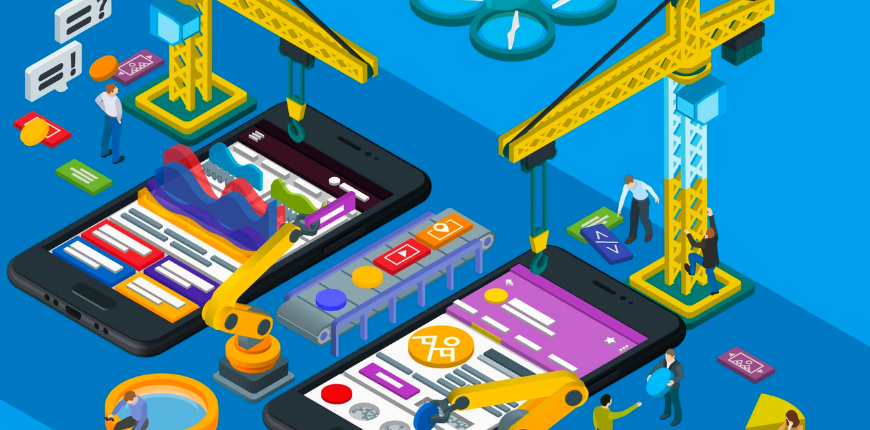Understanding Core HR: The Backbone of Effective Human Resource Management

Strong 8k brings an ultra-HD IPTV experience to your living room and your pocket.
Human Resources (HR) play a critical role in any organization, and at the heart of HR operations lies the essential concept of Core HR. Core HR refers to the fundamental administrative functions that handle an organization’s basic employee data and processes. From managing payroll and benefits to ensuring compliance and tracking employee attendance, Core HR is responsible for the smooth operation of HR tasks that keep an organization running efficiently.
What is Core HR?
At its core, Core HR encompasses the central administrative functions that directly affect the workforce. These functions typically include the following:
Payroll Management: Ensuring employees are paid accurately and on time, including the calculation of wages, deductions, and bonuses.
Benefits Administration: Managing employee benefits, including health insurance, retirement plans, and other employee perks.
Employee Records Management: Maintaining accurate and up-to-date records for each employee, including personal information, job history, and performance data.
Compliance and Regulatory Requirements: Ensuring that all HR processes adhere to legal standards and industry regulations to avoid penalties.
Time and Attendance Tracking: Monitoring employee work hours, overtime, and time off to ensure accuracy in payroll and compliance with labor laws.
Workforce Analytics: Analyzing HR data to generate insights that improve decision-making and optimize HR strategies.
Together, these functions provide the necessary structure for HR teams to manage the most vital aspects of employee relations and organizational operations.
The Importance of Core HR Systems
Core HR systems serve as the backbone of HR operations. These systems enable organizations to automate and streamline HR functions, reducing administrative overhead and ensuring that workflows are efficient and effective. The integration of a robust Core HR system simplifies processes and ensures accuracy in managing employee data, which is crucial for compliance and reporting.
By consolidating employee information into a centralized database, Core HR systems make it easier to access, update, and report on key HR metrics. Moreover, these systems help HR teams track and manage the lifecycle of each employee, from onboarding to retirement or separation. This not only enhances the overall efficiency of HR tasks but also improves the employee experience by ensuring that HR services are delivered in a timely and organized manner.
Key Features of Core HR Systems
Core HR systems come with a variety of features designed to make HR processes more efficient. Some key features include:
Centralized Employee Database: A single source of truth where all employee data is stored, making it easy to access and update.
Automation of Routine HR Tasks: Automation tools that streamline payroll processing, benefits enrollment, and time tracking.
Employee Self-Service Portals: Platforms where employees can access their personal information, request time off, and manage benefits, reducing the administrative burden on HR teams.
Compliance Management: Tools that help HR teams stay compliant with regulations such as tax laws, labor laws, and benefits regulations.
Data Analytics and Reporting: Built-in analytics that help HR teams assess trends and gain insights into workforce performance and needs.
How Core HR Supports Talent Management and Recruitment
While Core HR systems focus on the foundational aspects of HR operations, they are often integrated with other HR technology systems that support more advanced functions, such as talent management, recruitment, and employee engagement. By linking Core HR with systems like applicant tracking and performance management, organizations can create a seamless HR experience that supports not only administrative tasks but also strategic HR initiatives.
For example, when a new hire is onboarded, their data is seamlessly transferred from the recruitment system into the Core HR system. From there, HR teams can manage their benefits, track performance, and ensure that all necessary compliance documentation is up to date. This integration helps reduce redundancies, enhance data accuracy, and improve the overall HR experience for both employees and HR staff.
The Role of Workant’s Core HR Solution
One of the standout features of Core HR is its ability to simplify and organize HR tasks. With Workant, an intuitive and user-friendly HR system, employees’ information is clearly organized and easy to navigate. Workant's Core HR solution makes managing employee records, processing payroll, and tracking time and attendance a breeze, with a focus on ease of use.
For example, Workant allows HR teams to quickly access detailed employee profiles, ensuring that all necessary information is available at the click of a button. The user-friendly interface also makes it easier for employees to update their personal information, request time off, and track benefits, leading to increased engagement and satisfaction.
By using Workant’s Core HR system, organizations can ensure that their HR operations run smoothly and efficiently, freeing up HR professionals to focus on strategic initiatives that add value to the organization.
The Future of Core HR: Embracing Technology and Innovation
As HR technology continues to evolve, the role of Core HR systems will only become more essential. New innovations in artificial intelligence (AI), machine learning, and data analytics are poised to further transform the way HR teams manage employee data and optimize workforce strategies.
In the future, Core HR systems will become even more integrated with other HR technologies, providing organizations with a holistic view of their workforce and enabling more proactive decision-making. The combination of advanced analytics, real-time data access, and intuitive interfaces will make it easier than ever for HR teams to manage both the administrative and strategic aspects of HR.
Conclusion
In today’s fast-paced business environment, Core HR serves as the foundational system that ensures the efficient management of employee data and administrative tasks. By streamlining processes such as payroll, benefits administration, and compliance management, Core HR systems help organizations run smoothly and stay compliant with legal requirements.
With platforms like Workant, the process of managing HR functions becomes even more efficient and user-friendly, ensuring that HR teams can focus on strategic initiatives that drive growth and improve the employee experience. By embracing Core HR systems, organizations can create a more organized, streamlined, and effective HR operation that supports both short-term and long-term goals.
Note: IndiBlogHub features both user-submitted and editorial content. We do not verify third-party contributions. Read our Disclaimer and Privacy Policyfor details.







